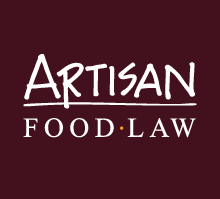Fish and Shellfish
Food law and the regulatory framework for artisan and small scale fish, shellfish and bivalve mollusc produce, including hygiene, naming, labelling, sales.
The measures concerning fish and shellfish are contained in EU retained law Regulation (EU) 1379/2013 on the common organisation of the markets in fishery and aquaculture products under which ‘fishery products’ means products caught at sea or in inland waters and products of aquaculture.
The Food Safety Act 1990 predates general food law Regulation (EC) 178/2002 by some 12 years and remains the original source of domestic UK food law.
The Food Standards Agency summarises the main responsibilities of food businesses under the 1990 Act as being to ensure:
1. You do not include anything in food, remove anything from food or treat food in any way which means it would be damaging to the health of people eating it.
2. The food you serve or sell is of the nature, substance or quality which consumers would expect.
3. The food is labelled, advertised and presented in a way that is not false or misleading.
Investigating and managing incidents to ensure food safety is a key part of the work of the Food Standards Agency (FSA). The Incidents and Resilience Unit of the FSA maintains the Incident Management Plan for Non-Routine Incidents. The FSA defines a food incident as:
"Any event where, based on the information available, there are concerns about actual or suspected threats to the safety, quality or integrity of food and/or feed that could require intervention to protect consumers’ interests. Quality should be considered to include food standards, authenticity and composition."
The registration of a food business is required under Regulation (EC) 852/2004. Food business establishments handling food of animal origin must, with some limited exceptions, be approved under Regulation (EC) 853/2004 where they operate within a number of categ




